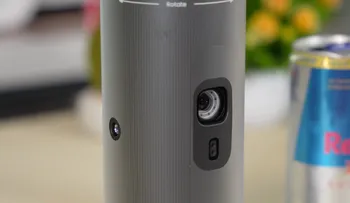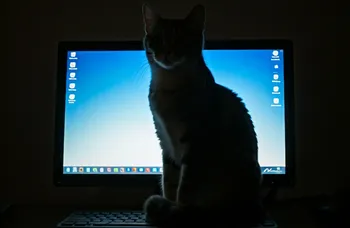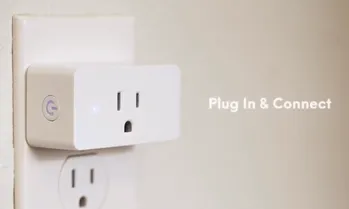Tech company OpenAI is planning a major restructuring of its corporate structure. The maker of chatbot ChatGPT intends to definitively transform from a foundation to a profit-seeking company, according to the Reuters news agency.
Around the same time this news broke, OpenAI's technology director, Mira Murati, announced her departure from the artificial intelligence company on X. She says she is doing so to "make time and space for my own quest."
Tussendrift
Murati worked at OpenAI for 6.5 years, including a brief stint as the highest-ranking executive. This occurred in November last year, when top executive Sam Altman was ousted by the board of directors. It was one of many developments during several crisis weeks within the company. Ultimately, Altman returned as top executive within a week, under pressure from investor Microsoft.
Last year's unrest stemmed from a tussendrift within the company. One part of the OpenAI top management wanted to accelerate technological development and focus more on profitability, while another part advocated for safety and carefulness.
In addition to Murati, two other high-ranking researchers are also leaving OpenAI. They are not the first to do so: co-founders Ilya Sutskever and John Schulman also left in recent months. Co-founder Greg Brockman announced last month that he would take a sabbatical.
The recent exodus is difficult to separate from the new course of the AI company. OpenAI began in 2015 as a foundation with the goal of "protecting society from uncontrollable AI systems." Now, it wants to become a profit-seeking company, where the foundation still exists but holds a minority stake.
According to Reuters, the company is aiming for a new investment round, hoping to raise $6.5 billion (approximately 5.8 billion euros). This would value the AI company at around 150 billion dollars. For comparison: in 2021, OpenAI was still worth 14 billion dollars. Tech companies like Apple and chipmaker Nvidia would have interest in investing in the company.
During the new investment round, top executive Sam Altman would also receive 7% of the shares (worth approximately 9.3 billion euros).
o1
According to Jelle Zuidema, a university associate professor of natural language processing at the UvA, there will be little change in the company's operations despite the new developments. "OpenAI has already been acting as a profit-seeking company. The high market value of AI technologies exerts enormous pressure on companies to push the boundaries."
A few weeks ago, the company launched o1, which it claims is "the first AI model that can reason on its own." Zuidema: "OpenAI needed a new attention-grabber to make a new funding round possible. They succeeded: with o1, they have delivered something that surprises people. But they haven't fundamentally solved anything. o1 is a much more expensive model than previous ones, as it requires a lot of computing power during use. It provides impressive reasoning examples, but still makes significant errors at times."
As a scientist, he is very concerned about the new developments. "When ChatGPT and image generators appeared, we as scientists immediately warned. With artificially generated images, texts, and sounds, it is difficult to distinguish fake from real. You need watermarks for that, but unfortunately, there are commercial reasons not to do so."












